Antitrust bill for sideloading on iPhone gets a revision, but Apple is still concerned about iOS privacy
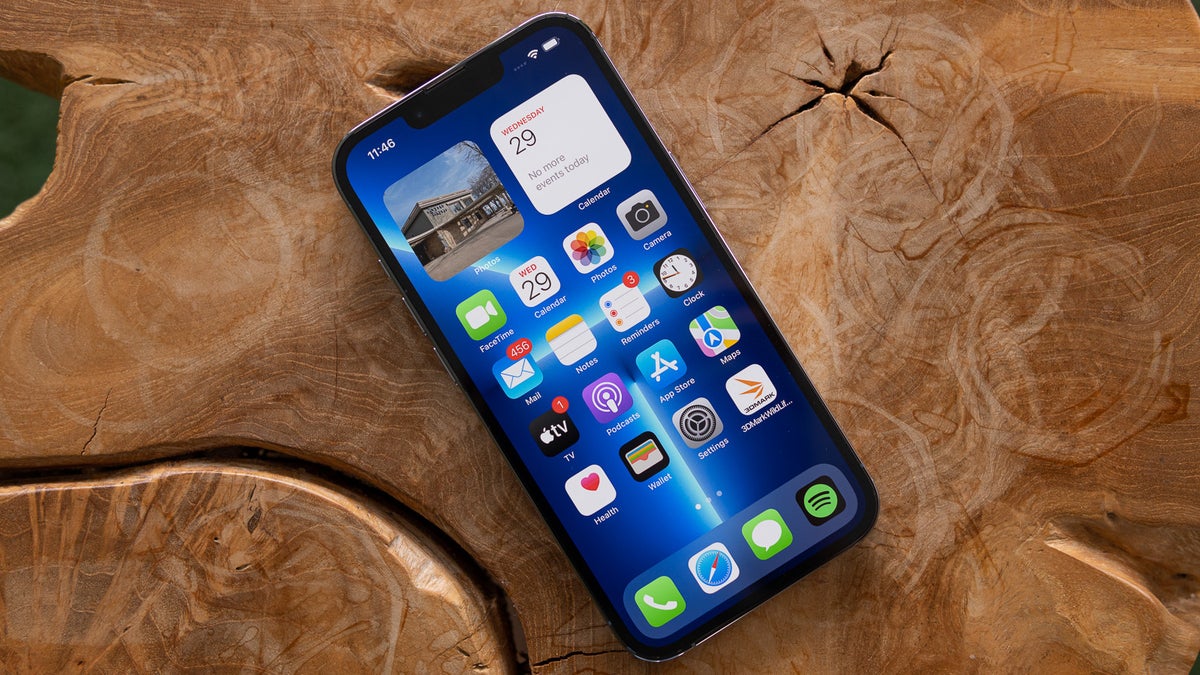
Ever since the American Choice and Innovation Act (a bill that would force Apple to allow iOS users to sideload apps on iPhone) was proposed, Apple has been expressing concerns about it. Primarily, Cupertino was worried about thе possibility of the legislation to lead to less privacy and security on iPhone, and we all know Apple is all about privacy on iPhone. Now, AppleInsider reports that even though the bill got a revision, Apple is still not having it.
The proposed legislation has gotten a round of revisions that were meant to address concerns about its restrictions and privacy and security risks. The updated version of the bill was introduced by US Sen. Amy Klobuchar, addressing some of the concerns that both lawmakers and the tech industry, in general, had about the legislation's original draft.
Despite those changes though, Apple is still unhappy with the proposal. The company stated that the changes weren't enough to mitigate its concerns about the bill and that the proposed legislation (if it became law), will still undermine the privacy and security of Apple users.
The company has urged lawmakers to work further on the proposed legislation and introduce more changes to avoid privacy and security issues that could be a consequence of the bill.
That being said, such revisions in the bill would make it easier for Apple to defend the privacy and security features it incorporates in iPhones and iPads. Despite that though, the legislation (in its current variant) would still force Apple to allow sideloading.
Apple (and other tech giants, for that matter) has been facing antitrust scrutiny for a while now. However, things are now becoming more and more real: proposals are moving forward in their long path to becoming law, that is.
On one hand, we have the American Choice and Innovation Act, which was introduced back in October by a bipartisan group of senators, led by Klobuchar. The legislation places a lot of restrictions on tech giants to prevent them from anti-competitive practices, such as preferring their own services over third-party ones.
But that's not the only antitrust bill being considered by Congress. There's also the Open App Markets Act, which focuses on allowing developers to use third-party payment systems (remember the Epic vs Apple case, well, it was about the issue with third-party payments on iPhone).
Apple still concerned about privacy and security on iPhone if the American Choice and Innovation Act passes, despite revisions
The proposed legislation has gotten a round of revisions that were meant to address concerns about its restrictions and privacy and security risks. The updated version of the bill was introduced by US Sen. Amy Klobuchar, addressing some of the concerns that both lawmakers and the tech industry, in general, had about the legislation's original draft.
Additionally, Apple stated that international agencies and governments worldwide have "explicitly advised against sideloading requirements", underlining that sideloading would give power to malicious users who can target users, including children, with malware and scams.
Apple pointed out that the sideloading requirement would also make it easier for companies who track users and collect their data without consent to do so. For those of you who are unaware, sideloading is a fancy term used to describe the action of downloading apps to your iPhone from outside the App Store.
On top of those concerns, Apple also highlighted that the changes in the proposal are a sign it wasn't originally written so well and the original text would have created unintended privacy and security vulnerabilities for users.
The company has urged lawmakers to work further on the proposed legislation and introduce more changes to avoid privacy and security issues that could be a consequence of the bill.
Background info: a bit more on the American Choice and Innovation Act; Europe also proposing antitrust laws
Apple (and other tech giants, for that matter) has been facing antitrust scrutiny for a while now. However, things are now becoming more and more real: proposals are moving forward in their long path to becoming law, that is.
On one hand, we have the American Choice and Innovation Act, which was introduced back in October by a bipartisan group of senators, led by Klobuchar. The legislation places a lot of restrictions on tech giants to prevent them from anti-competitive practices, such as preferring their own services over third-party ones.
But that's not the only antitrust bill being considered by Congress. There's also the Open App Markets Act, which focuses on allowing developers to use third-party payment systems (remember the Epic vs Apple case, well, it was about the issue with third-party payments on iPhone).
And on top of all that, Europe has also been working on antitrust legislation, one of which is the Digital Markets Act (DMA), which is now expected to enter into force in the spring of next year. The Act would force Apple to allow sideloading, as well as force the tech giant to make iMessage and FaceTime interoperable with other communication platforms (such as WhatsApp), including smaller chat apps.
Follow us on Google News




![Some T-Mobile users might be paying more starting in March [UPDATED]](https://m-cdn.phonearena.com/images/article/176781-wide-two_350/Some-T-Mobile-users-might-be-paying-more-starting-in-March-UPDATED.webp)



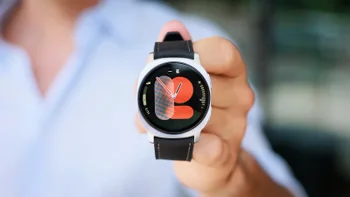
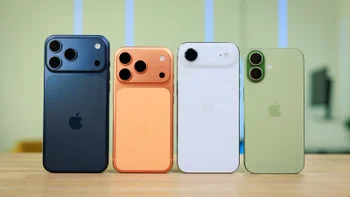
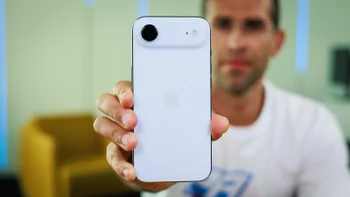

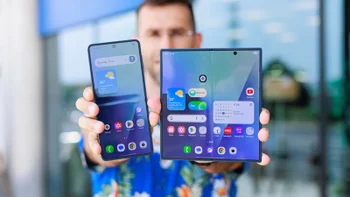

Things that are NOT allowed:
To help keep our community safe and free from spam, we apply temporary limits to newly created accounts: